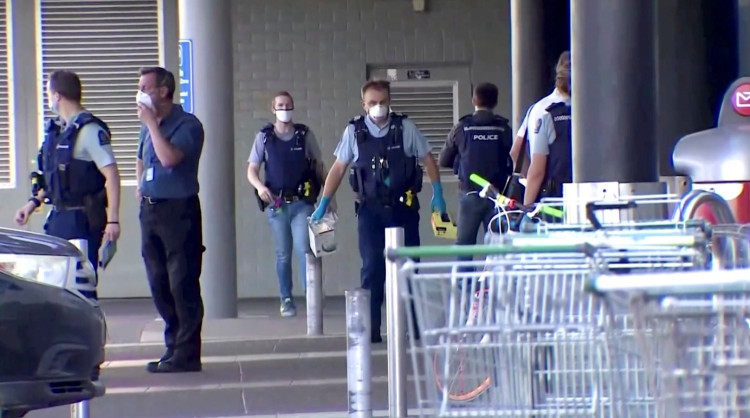New Zealand has reopened its borders to all international visitors, After more than two years because of the COVID-19 pandemic. The nation will reopen on July 31, three months earlier than originally scheduled.
New Zealand's borders were opened to Australians and nationals of 60 countries, including the United States, Singapore, and the United Kingdom, earlier this year.
New Zealand had some of the harshest pandemic restrictions in the world last year, with lockdowns triggered by a single case of the virus, intensive testing, and other public health laws.
Auckland, the nation's largest metropolis, was quarantined for 107 days, from August to December 2021, due to outbreaks of the extremely contagious delta strain.
Many restrictions have been eliminated, but New Zealand's entry criteria remain severe.
According to the government's COVID-19 web page, travelers are required to present proof of vaccination with the exception of New Zealand nationals and Australian residents. Acceptable are both electronic and paper immunization certificates.
New Zealand's Ministry of Health said travelers must undergo a quick antigen test on their arrival date, although it is not required upon arrival at the airport, and a second one on the fifth or sixth day of their vacation.
Face masks are required indoors, such as in museums, supermarkets, and pharmacies, but not outdoors.
Despite New Zealand's inflation reaching a 32-year high of 7.3% earlier this month, Navigate Travel reports that pricing for tours, activities, and accommodations are the same, if not lower, than before the pandemic.
′′(A vacation in) New Zealand is currently relatively affordable... Other than air travel, there has never been a cheaper time to visit," said Daniel Painter, the managing director of the travel service.
Tourism New Zealand (TNZ) has reported a surge in passenger interest since it was announced in May that the country's borders would fully reopen at the end of July.
"Online searches for foreign flights to New Zealand have increased by nearly 40 percent since the announcement," Gregg Wafelbakker, the tourist organization's general manager for Asia, said.
He said that more than 60 percent of this interest comes from Australia. However, according to Painter, the demand for travel from Asia remains low, with the majority of travelers coming from Singapore.
Chan Brothers Travel, a travel service based in Singapore, suggested a lack of available flights may be to blame.






